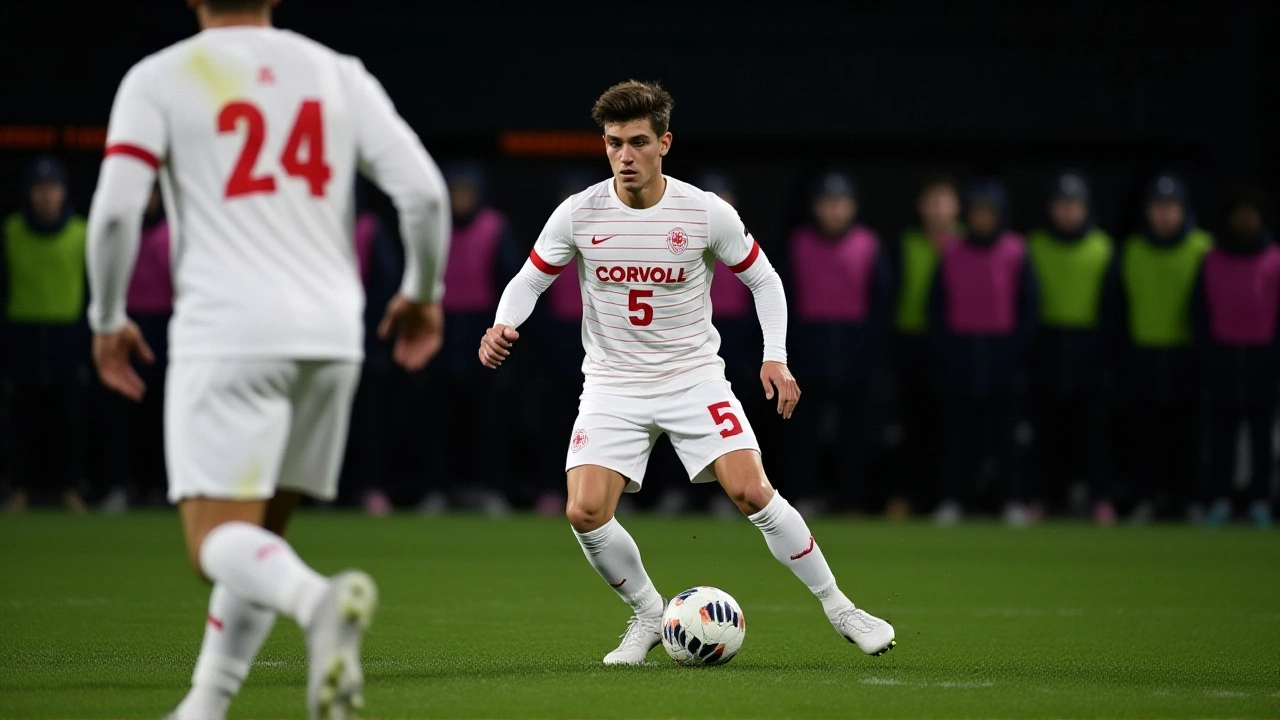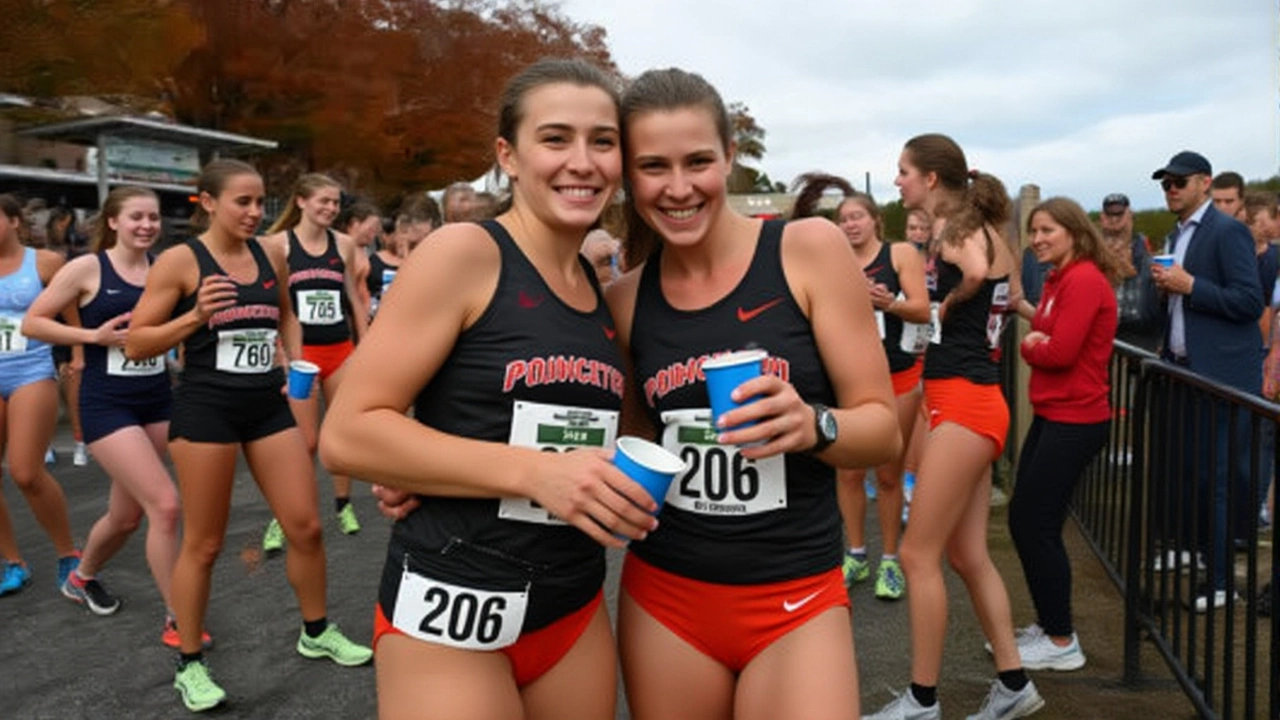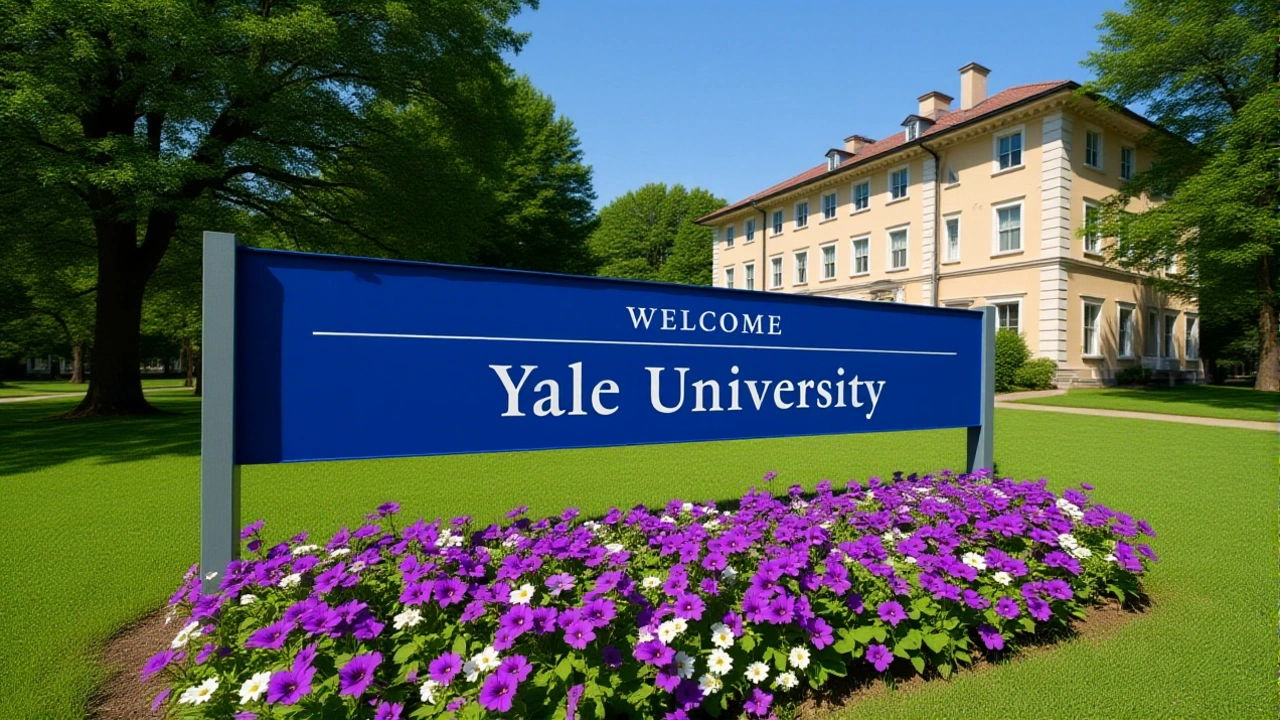It’s not just about perfect SAT scores or a long list of extracurriculars anymore. Students who consistently practice five simple, daily habits are quietly outpacing their peers in the ultra-competitive Ivy League admissions race — and the shift is happening now, not during senior year. Educational consultants from SSBCrack, Solomon Admissions, Ivy League Consultant, and Passion Prep have spent the last two years analyzing thousands of successful applications, and their findings are clear: what separates admitted students isn’t just achievement — it’s routine.
The Reading Habit That Builds Intellectual Muscle
It’s not enough to read for school. The top applicants are reading for curiosity. SSBCrack found that students who spend just 30 minutes a day reading beyond their syllabus — whether it’s Toni Morrison, recent New Yorker essays, or scientific journals — develop a depth of thought that admissions officers notice immediately. "It’s not about how many books you finish," says a senior consultant at SSBCrack. "It’s about how you think after you finish. Can you connect a 19th-century novel to modern AI ethics? That’s the conversation they want to hear."
That’s why the most successful applicants aren’t just reading — they’re annotating, journaling, and discussing what they read. One 16-year-old from Chicago, accepted to Yale last year, kept a digital notebook of 127 reflections on books she read over two years. Her essay on the parallels between Beloved and contemporary housing discrimination became the centerpiece of her application.
Organization Isn’t Just About Planners — It’s About Consistency
Students who thrive in Ivy League environments don’t just manage deadlines — they manage energy. Solomon Admissions emphasizes that the most effective students use the same quiet space, at the same time, every day. "It’s not the planner," explains founder Dr. Elena Solomon. "It’s the ritual. The same chair. The same lamp. The same silence. Your brain learns: this is where focus happens."
That consistency extends to digital tools. Students using apps like Notion or Google Calendar to block study time, track grades, and set weekly goals are 68% more likely to submit polished applications, according to a 2024 internal survey by SSBCrack. But here’s the twist: the most successful students don’t just track tasks — they review them every Sunday evening. "They ask themselves: Did I grow this week? Not just what I did, but how I thought."
Discourse: The Secret Skill No One Talks About
Ivy League classrooms run on Socratic dialogue. Admissions officers aren’t just looking for students who can write essays — they want people who can challenge ideas, listen deeply, and respond with nuance. SSBCrack found that students who regularly join debate clubs, attend public lectures, or even host weekly discussion groups with friends are 4x more likely to stand out in interviews.
One applicant from Atlanta, accepted to Princeton, started a monthly "Philosophy & Pizza" night with her classmates. They debated everything from Kant to climate policy. "I didn’t win every argument," she said in her interview. "But I learned how to lose with grace — and how to change my mind. That’s what they want to see."

Creativity Isn’t About Talent — It’s About Depth
Passion projects are no longer optional. Passion Prep’s YouTube channel, Conquer College Admissions, released a video on July 31, 2025, warning that "a passion project done for the resume won’t work — but one done because you can’t stop thinking about it? That’s gold."
Successful projects aren’t flashy. They’re sustained. A 17-year-old in Oregon spent two years coding an app that translates regional dialects of Native American languages into audio stories for elders. He didn’t get funding. He didn’t win awards. But he documented every bug, every conversation with tribal elders, every moment of doubt — and turned it into a 1,200-word essay that moved an admissions committee to tears.
"They’re not looking for the next Elon Musk," says a former Harvard admissions officer. "They’re looking for the kid who wakes up at 5 a.m. to fix a broken machine because it matters to someone else."
Eliminating Distractions — And the Sleep Crisis No One Admits
Here’s the uncomfortable truth: Solomon Admissions reports that 9 out of 10 applicants they work with are chronically sleep-deprived. "They think pulling all-nighters shows dedication," says Dr. Solomon. "It shows poor planning — and worse, it’s hurting their cognitive performance."
Studies show that students who get 7.5 hours of sleep consistently score 12% higher on standardized tests and retain information 40% better. The fix? Simple: turn off your phone. Use airplane mode. Or, as one student in Boston did, leave it in a locked box in her parents’ bedroom during study hours. Apps like Focus-To-Do and Forest help, but the real win is removing the temptation entirely.
And it’s not just phones. Ivy League Consultant recommends designing a dedicated study space — no bed, no TV, no clutter. One parent in Austin spent $200 on a standing desk and a whiteboard. Her daughter’s GPA rose 0.7 points in six months.

What Happens Next?
These habits aren’t shortcuts. They’re long-term investments. And the competition is only getting fiercer. Passion Prep is hosting a LIVE FREE TRAINING on August 1, 2025, titled "5 Proven College Admissions Strategies That Got My Students Accepted Into Ivy League & Top-tier Colleges In 2025," which will likely draw tens of thousands of viewers.
Meanwhile, colleges are quietly adjusting their evaluation rubrics. For the first time in 2024, Yale’s admissions committee added a "depth of engagement" metric — measuring not how many activities a student did, but how deeply they invested in one or two.
What’s clear? The future of Ivy League admissions belongs not to the highest scorers — but to the most consistent thinkers.
Frequently Asked Questions
Can these habits help if I’m already a junior in high school?
Absolutely — but you’ll need to start with intensity. While early cultivation gives the biggest edge, students who begin in junior year and commit to 90 days of disciplined daily habits have seen measurable improvements in application strength. One student from Ohio, who started reading 30 minutes daily and tracking sleep in March 2024, was accepted to Brown by December. The key is consistency, not duration.
Do Ivy League schools really care about sleep?
They don’t ask about it directly — but they notice the effects. Sleep-deprived students write shallow essays, struggle in interviews, and burn out during orientation. Admissions officers have seen this pattern too often. Students who mention sleep hygiene in their applications — not as an excuse, but as a discipline — often stand out as mature, self-aware applicants.
What if my school doesn’t offer debate clubs or research opportunities?
You don’t need school-sanctioned programs. A student in rural Mississippi started a weekly Zoom discussion group with peers from three other towns, using free platforms like Discord. Another built a small community garden to explore sustainable agriculture — then wrote a blog documenting the process. Ivy League schools value initiative over access. They’re looking for resourcefulness, not resources.
How do passion projects differ from typical extracurriculars?
Extracurriculars are what you do for the resume. Passion projects are what you do because you can’t stop thinking about them. One accepted student at Columbia spent 18 months transcribing oral histories from her grandmother’s village in Jamaica — not for a class, not for a club, but because she wanted to preserve stories no one else was recording. That’s the difference: ownership, not obligation.
Is reading really that important if I’m applying for STEM?
More than ever. MIT and Caltech now explicitly look for STEM applicants who can communicate complex ideas clearly. One student accepted to Stanford for engineering wrote her essay about how reading Ursula K. Le Guin helped her understand systems thinking — the same concept she used to redesign her school’s water filtration project. The best scientists aren’t just technical — they’re curious.
What’s the biggest mistake students make with these habits?
Trying to do all five perfectly at once. The most successful students pick one habit — say, reading — and master it for 30 days before adding another. Overloading leads to burnout. Underlying all these habits is one principle: sustainable growth over frantic achievement. That’s what colleges are really evaluating.
